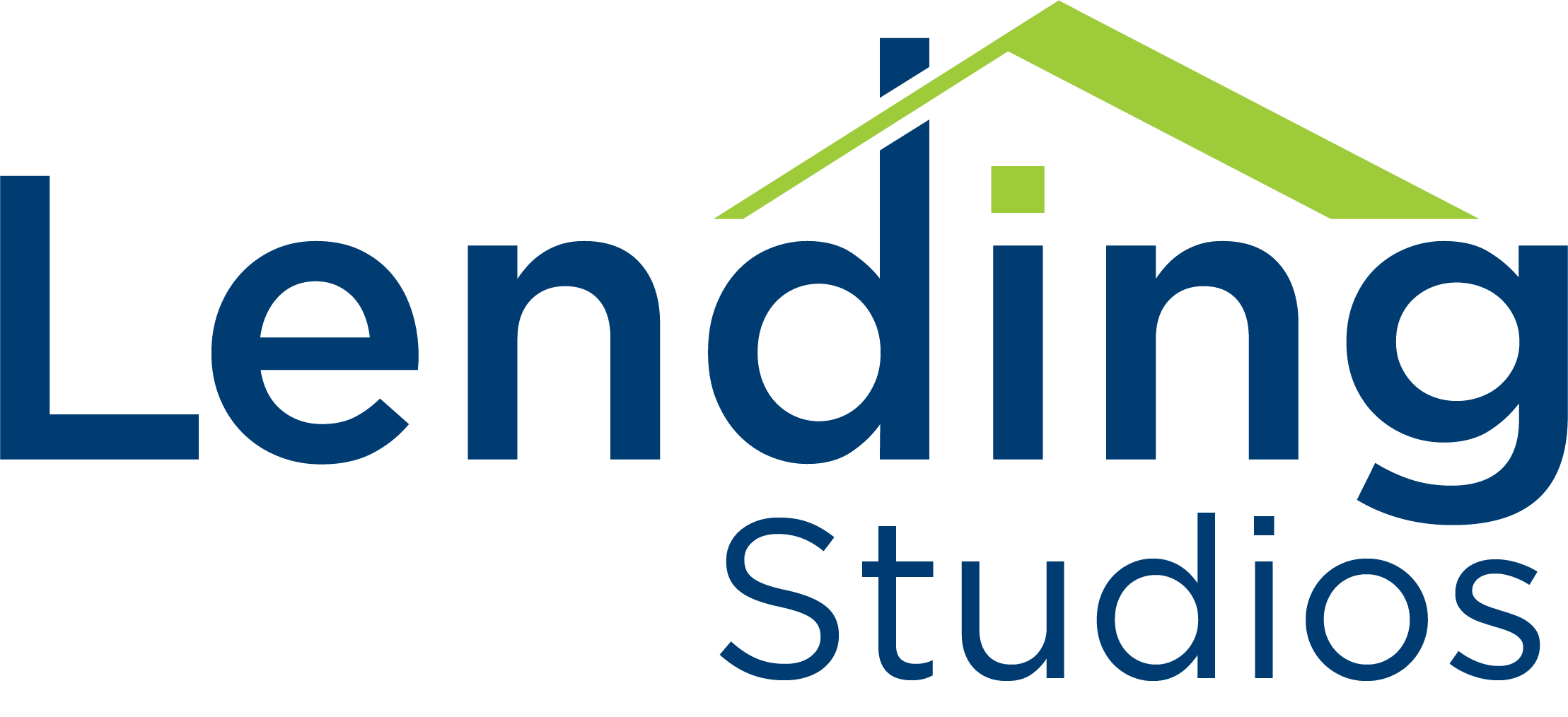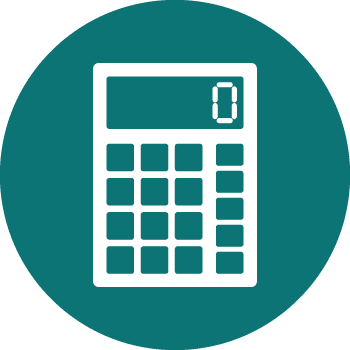Mortgage Rates 101
Mortgage Rates 101: Why Are Mortgage Rates Important?
One of the most important things to do when shopping for a mortgage loan is to lock-in when mortgage rates are at their lowest (so you can improve your mortgage rate outcome). But let’s back up a bit. First, what is a mortgage rate?
A mortgage rate is the interest rate affixed to a home loan (mortgage). Mortgage rates are derived from the price of mortgage-backed securities (bonds backed by U.S. mortgages).
There is quite a variance in interest rates when you compare conventional loans, VA, FHA, USDA and jumbo loans. And the rates vary between mortgage lender.
Part of your responsibility in the pre-borrowing phase is to understand what factors contribute to mortgage rates and what you can do when you are shopping for a mortgage rate to maximize your investment and minimize costs.
Check for Mistakes On Your Credit Report
When it comes to getting a great mortgage rate, your credit score will make a sizeable impact. The higher your credit score, the easier it will be to qualify for a low rate. Loan applicants with a great credit score can successfully obtain a mortgage rate that is a full percentage point or more lower than other loan applicants with just average credit scores. A mortgage rate difference of one percentage point will lower your monthly payment by 10% or more.
Your Target: Low Rate and Low Costs.
Mortgage rates are constantly changing and hard to predict. Your goal when shopping for a mortgage rate is to find the lowest rate possible. This involves a certain amount of background knowledge to be a savvy mortgage shopper.
Remember, it isn’t just about finding the lowest mortgage rate, but also getting a good deal on your closing costs.
Lenders quote rates with the fees so pay close attention when getting your loan quotes. Some lenders may throw an attractive low rate at you, but they are making up the costs by raising your closing costs. So pay attention and ask a lot of questions.
Focus on one aspect of the loan deal when shopping for a loan. If you want a certain rate, focus on that rate and ask the lender for the lowest possible closing costs at that rate. Then compare what lenders are willing to offer you and choose the lowest rate/closing cost scenario.
Conversely, choose the lowest closing costs you are comfortable with and ask your lender what the interest rate would be assuming x amount of closing costs.
Use our mortgage calculator to ascertain what your monthly mortgage payment will be to make sure the home you are pursuing will be a financially-smart investment.
Lock-In Your Rate
So you have chosen a mortgage lender and you are happy with your interest rate and closing costs. Now it’s time to have your lender lock-in your rate.
A “rate lock” means that your lender will keep your mortgage rate for a predetermined amount of time.
Mortgage Rates and Refinancing a Home
When it comes to refinancing a home vs. buying a new home, there are a few extra things to consider about mortgage rates.
Mortgage rates make a bigger difference when you are refinancing than when you are buying a home. The benefits of refinancing hinge on the differential between your mortgage rate and current market rates. The difference has to be large enough to make up for the fees of refinancing. (Use our refinancing calculator to see if refinancing is a good idea.)
Forbes explains, “The mortgage rate really matters because a one-percentage-point difference in mortgage rates translates into at least a 10% difference in the monthly mortgage payment. For example: on a standard 30-year fixed-rate mortgage, the monthly payment on a $200,000 loan would be $955 for a 4% mortgage versus $1074 for a 5% mortgage. That’s a monthly difference of $119.”
Mortgage Calculators
Quickly predict your monthly mortgage payment and interest with this customizable tool!
Mortgage Resources
Leverage the tools you need to find a borrowing solution that fits your particular needs and budget.
Mortgage FAQs
Get answers to the most commonly asked mortgage questions.




